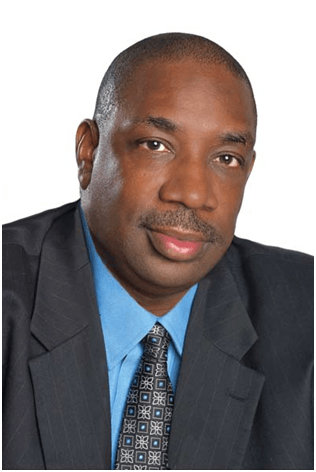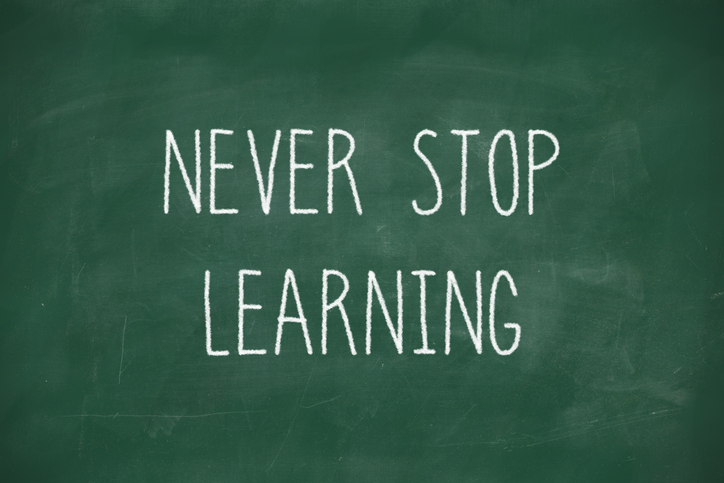Home > News > Counselor's Corner: Every Substance Use Disorders Professional Needs to Double as a Mental Health Professional
Substance use disorders and mental illness overlap at the rate of 50 to 70%. Compared to individuals with a single diagnosis, those with co-occurring disorders have more hospitalizations, evictions, arrests, suicide attempts, and actual suicides.
Historically, a lack of integration between the mental health and addictions professions has led to fragmented services. The end result has been that many clients slip through the cracks, going back and forth between mental health treatment, substance use disorder treatment, periods of homelessness, medical hospitalizations, and prisons—without recovering. This creates a debilitating cycle for both counselors and clients.
Substance use disorder professionals can increase their competence in addressing co-occurring disorders in a number of ways, including:
Reading. Read as much as you can about co-occurring disorders treatment. Experts who have written extensively on this subject include Ken Minkoff, MD, from Harvard University, and Robert Drake from Dartmouth University.
Continuing Education. Attend frequent workshops on mental health and co-occurring disorders treatment. The ATTC and MHTTC Networks offer an array of training resources on co-occurring disorders. An example is the five-part webinar series on integrated care:
Webinar 1: Defining and Assessing Integrated Behavioral Health Capacity
Webinar 2: Organizational Structure and Service Environment
Webinar 3: Staffing and Training
Webinar 4: Intake, Screening and Assessment
Webinar 5: Integrated Treatment Planning, Service Provision, and Continuity of Care
SAMHSA also offers many resources on co-occurring disorders, including the TIP 42: Substance Use Treatment for Persons with Co-Occurring Disorders.
Part-time work or volunteering. Working part-time in the mental health profession or as a volunteer can give you invaluable experience in addressing mental illness and co-occurring disorders.
Job Swap. Talk with your organization's leadership about the possibility of you working one day a week in a mental health facility in exchange for a mental health professional working one day a week in the substance use disorders facility where you work.
Co-lead. Perhaps you and the mental health specialist can co-lead a co-occurring disorders group in your facility.
Let your clients be your teachers. One of the most important ways of learning to address mental illness and co-occurring disorders is through the lessons you can learn by working directly with clients with co-occurring disorders. Each successful lesson learned will help you in your work with future clients.
About the Author
 Mark Sanders, LCSW, CADC, is an international speaker, trainer, and consultant in the behavioral health field whose work has reached thousands throughout the United States, Europe, Canada, Caribbean and British Islands.
Mark Sanders, LCSW, CADC, is an international speaker, trainer, and consultant in the behavioral health field whose work has reached thousands throughout the United States, Europe, Canada, Caribbean and British Islands.
Mark is the author of five books focused on behavioral health. Recent writings include Slipping through the Cracks: Intervention Strategies for Clients Multiple Addictions and Disorders, Recovery Management: and Relationship Detox: Helping Clients Develop Healthy Relationships in Recovery. Mark has been a certified addictions counselor for 34 years and is the founder of the Online Museum of African American Addictions, Treatment, and Recovery. He has received numerous awards, including the NAADAC 2021 Enlightenment Award.
